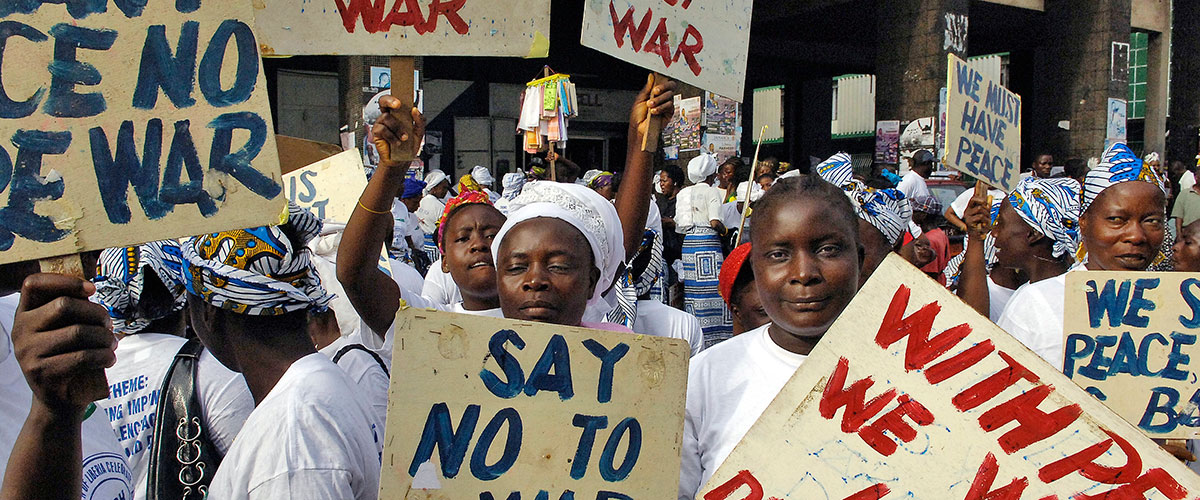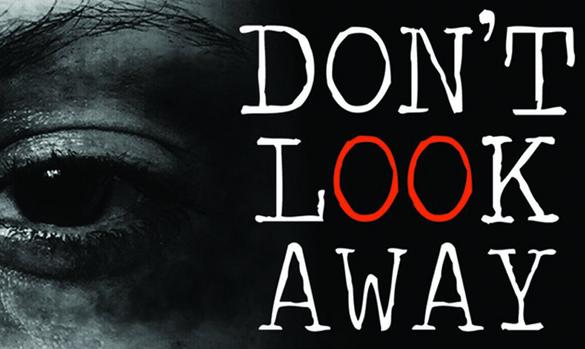Tiffany’s ex-boyfriend hit her almost every day, but once, he beat her so badly he damaged her eyesight. Eventually, the 20-year-old Jamaican hairdresser went to the police – she only wishes more help had been available at the time.

As Jamaicans head to the polls on Thursday, thousands of domestic violence victims hope the next government will make good on a long-standing promise to open the island’s first state-run shelters for women suffering abuse at home.
There is only one privately run shelter in the country of almost three million people, making it difficult for women like Tiffany to find a safe haven.
“For the young girls out there having men beating them, I would tell them to walk away because the situation is not pretty,” Tiffany told the Thomson Reuters Foundation, speaking in an inner-city neighbourhood in the capital, Kingston.
High rates of violence, in general, have been a hot issue during campaigning, and women’s rights activists are urging the ruling party to keep a promise it made in 2016 to build several temporary and permanent shelters for domestic abuse victims.
Senior figures from the Jamaica Labour Party, which called the early election in a bid to boost its parliamentary backing, say one of three planned state refuges is almost ready to open its doors.
Olivia Grange, minister for culture, gender, entertainment and sport, said two more shelters are in the pipeline as part of a joint project between the government, the United Nations Population Fund (UNFPA) and the European Union.
“Shelters provide protection, services and resources that enable women who have experienced abuse and their children to recover…, to rebuild self-esteem and to take steps to regain a self-determined and independent life,” Grange said.
The three planned shelters, which required an investment of 120 million Jamaican dollars (about $800,000), will have a total of 19 family rooms, special areas for counselling, dining rooms and children’s play areas, said Sharon Robinson, senior director of Gender Affairs.
“We’re trying to create a ‘one-stop’ concept,” Robinson said.
‘DESPERATE NEED’
It was only after Tanya’s partner burned her clothes that she decided to go to the police, and from then on the beatings stopped.
“One officer… said to him, if he lays a finger on me again, he’s not going to come for him in a police uniform, he’s going to come for him on his own time,” said the 31-year-old mother-of-two.
“It was the warning that opened his eyes.”
Tanya, who chose to stay with her partner, now works as a counsellor and mentor for an NGO for victims of gender-based violence called Eve for Life.
She received support from the organization herself but said women had few places to turn in the case of an immediate crisis.
“I pray to God that the government truly look into themselves and see that there is a desperate need for these safe houses to save some of these ladies and their children’s lives,” Tanya said.
In Jamaica, as in other countries, COVID-19 has led to an increase in domestic violence reports as women and girls were stuck in the house with their abusers.
“Gender-based violence has gone up exponentially,” said Alison Drayton, director and resident representative for the UNFPA’s sub-regional office.
Along with several other Caribbean countries, Jamaica’s rates of violence and sexual assault are among the highest in the world.
According to a 2016 survey conducted by the Statistical Institute of Jamaica, one in four Jamaican women has experienced intimate partner violence and sexual violence. About one in three have also experienced emotional abuse.
Between 2007 and 2017, 27 women were killed by their partners, according to local media, with a rate of 0.92 per 100,000 people, compared to the United States, where the average is between 0.2 and 0.3 per 100,000.
‘REALLY DIRE’
Since starting a crisis centre called Women Inc. in 1984, Joyce Hewett said she had heard repeated promises by different administrations to establish shelters.
Her organization runs the island’s only refuge for women fleeing domestic violence, offering emergency housing for up to eight women and their dependents, as well as crisis telephone lines and counselling services.
The organization accommodates about 200 women per year, and Hewitt said the need is as great as ever, especially during the pandemic. She said the severity of violence reported to Women Inc. had increased during the lockdown.
“Like if you don’t get this woman out today, she’s going to be dead by Monday,” Hewett said, adding that repeated delays on opening the state shelters meant “people just don’t believe it anymore”.
“Government has promised since the 80s to do this.”
While the violent nature of Jamaican society needs addressing at its roots, shelters are a good start, said Opal Palmer Adisa, university director for the Institute for Gender and Development Studies at the University of the West Indies.
“The situation is really dire… We need to really educate society about our collective responsibility, and provide counselling for the men,” she said.
“For me, it’s both – we do need the shelter, but also the emotional, social work that is necessary to eliminate a repeated cycle.”

